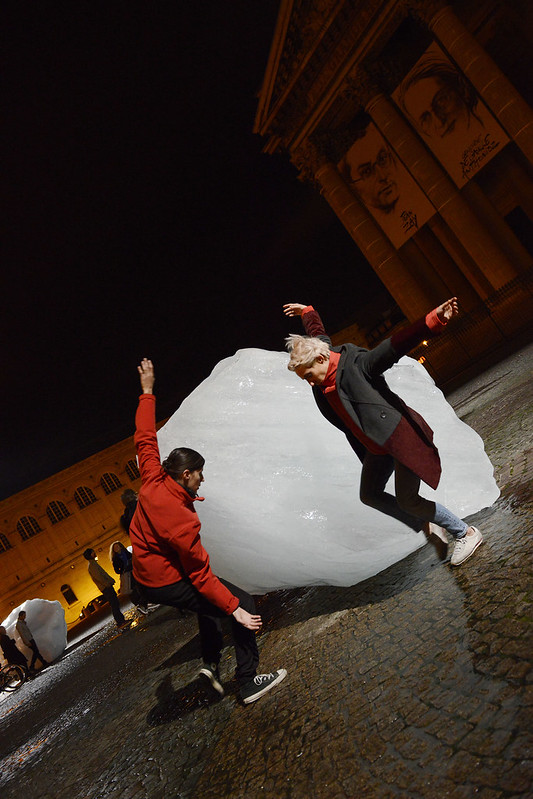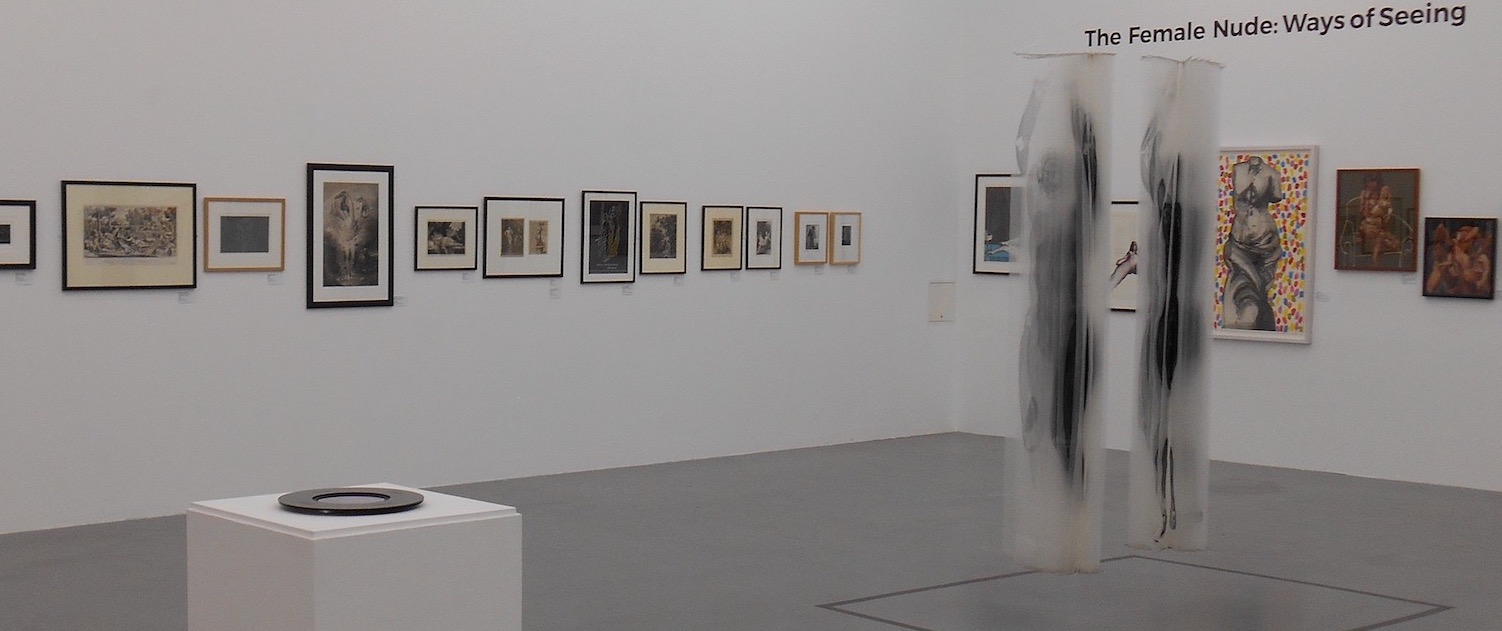Online guest lecture by Dr Linn Burchert, 24 November 5-7 pm online
You can register for free here
In this guest lecture, Linn Burchert will talk about the phenomenon of exhibitions and art projects accompanying international political climate summits since 1972. Using Gustav Metzger’s unrealised project proposal Project Stockholm, June (1972/1992) and Ólafur Elíasson’s re-stagings of Ice Watch (2014, 2015, 2018) as case studies, this lecture focuses on the material and institutional prerequisites of artistic projects, especially their imbrication within cultural-political and corporate funding programmes. In Elíasson’s Ice Watch, neo-liberal political means in the form of media events, policies, compensations and donations become part of the work. This, however, brings concomitant underlying ideologies to the fore, such as compensating for the carbon emissions of one set of activities through others. Moreover, with the sponsoring of the work by Bloomberg Philanthropies, further implications are added such as city branding and greenwashing. Both the economic and philanthropic-capitalist sectors collaborate with artists to publicly position themselves towards climate change; as well as NGOs such as the WWF, who commission new and re-frame extant works (for example, Néle Azevedo’s Minimum Sculptures) for their own political purposes. With this as a starting point, this lecture examines the essential role of cultural-political frameworks and funding programmes in the creation, unique design and public display of such art projects.

Glacier ice installation Ice Watch at Place du Panthéon, Paris by Olafur Elíasson and Minik Rosing (c) UNFCCC
Linn Burchert is a postdoctoral researcher at the Institute of Art and Visual History, Humboldt University, Berlin. From 2014 to 2017 she was research associate and a doctoral candidate in the Department of Art History at the Friedrich-Schiller University, Jena. Her dissertation Das Bild als Lebensraum. Ökologische Wirkungskonzepte in der abstrakten Kunst, 1910-1960 (Transcript, Bielefeld, 2019) investigates ecological concepts in abstract modern painting. She has published on concepts of nature and rhythm in modernity as well as theories of reception and artistic production. Her recent project is funded by the German Research Foundation and examines art in the context of international climate summits since 1972, addressing issues around the broader sociological and economic contexts of art as well as art’s globalisation.
